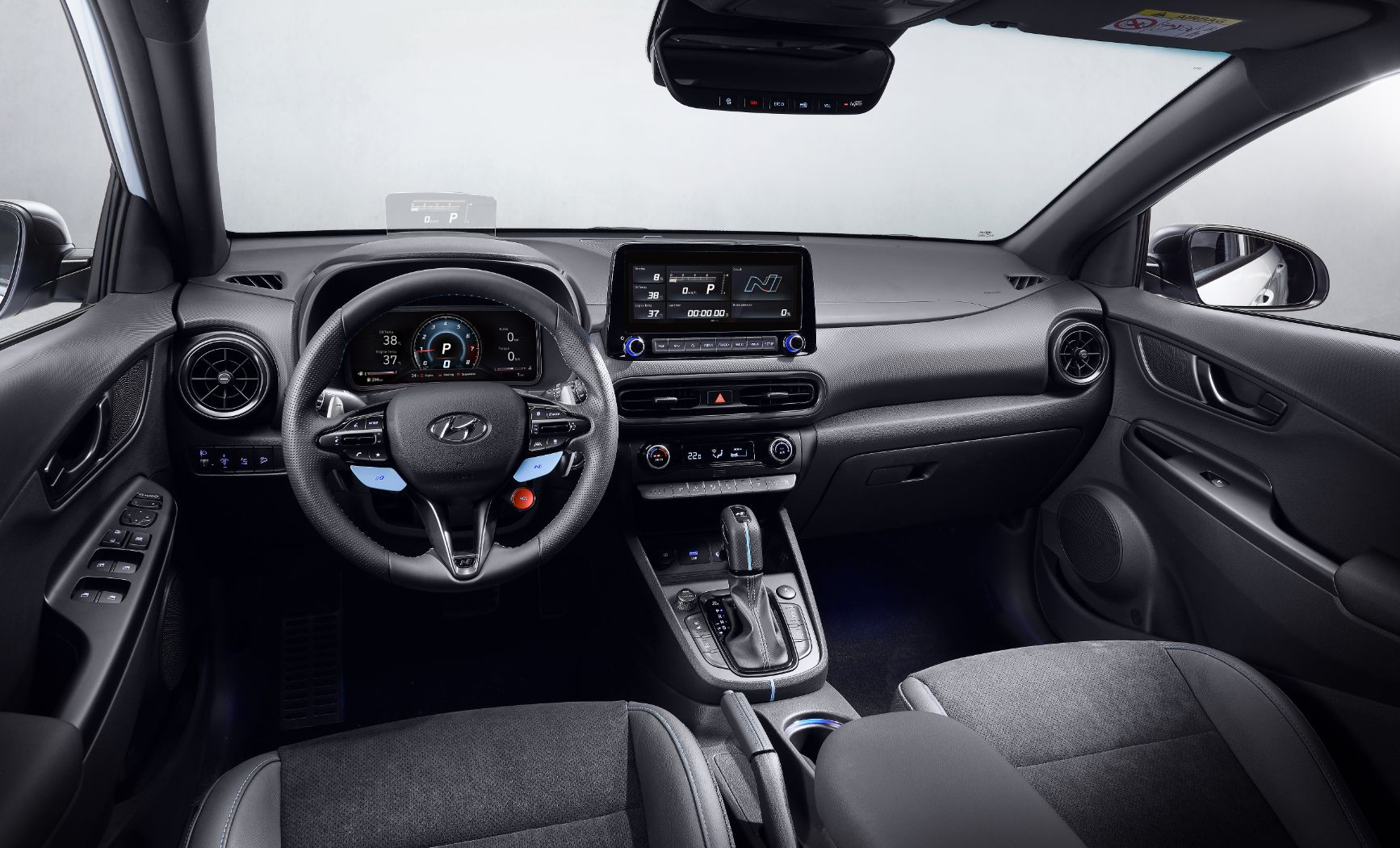Hyundai Motor America has initiated a recall affecting 54,647 vehicles due to a potential fuel pump failure. The issue, stemming from faulty engine control module software and a high pressure fuel pump design flaw, can lead to loss of drive power.
The recall was prompted by multiple complaints from customers both domestically and internationally, highlighting the importance of vehicle safety and timely recalls. Hyundai discovered the problem after receiving reports of vehicles experiencing unexpected loss of drive power.
Upon investigation, engineers identified two primary causes: faulty engine control module software and a design flaw in the high pressure fuel pump. The faulty software, when combined with the high pressure fuel pump issue, could lead to fuel pump failure, resulting in loss of drive power.

To address the problem, Hyundai has implemented several measures. First, the company has updated the engine control module software to rectify the software related issue. Second, Hyundai has revised the design of the high pressure fuel pump to eliminate the design flaw that could contribute to fuel pump failure. These measures are aimed at preventing future instances of the problem and ensuring the safety of affected vehicles.
Hyundai has instructed dealers nationwide to update the engine control module software for affected vehicles. This update is essential for addressing the software related issue and preventing future occurrences of the problem. While the recall serves as a reminder of the importance of vehicle safety and timely recalls, Hyundai’s prompt response to the issue demonstrates its commitment to customer safety and satisfaction.
Hyundai has issued a recall for certain turbocharged models produced between 2019 and 2023 due to potential issues with the high-pressure fuel pump. The recall affects the Veloster N, Elantra N, Kona N, and Genesis G70. If a malfunction indicator light illuminates, the affected vehicles will have the high-pressure fuel pump replaced with an improved assembly at no cost to the owner.

Those who have already paid for a fuel pump replacement are eligible for reimbursement. Hyundai expects the final remedy to be available in October 2024, and owners will receive a notification letter in the mail. The recalled vehicles share the Hyundai Theta II 2.0 T-GDi engine, a four-cylinder turbocharged unit.
The recall highlights the importance of regular vehicle maintenance and adherence to manufacturer recommendations. By addressing this potential issue, Hyundai is working to ensure the safety and reliability of its vehicles.
While the Veloster N and Kona N have been discontinued, the Elantra N continues to be available. Owners of affected vehicles should monitor their mail for recall notifications and schedule a service appointment with an authorized Hyundai dealer as soon as possible.

